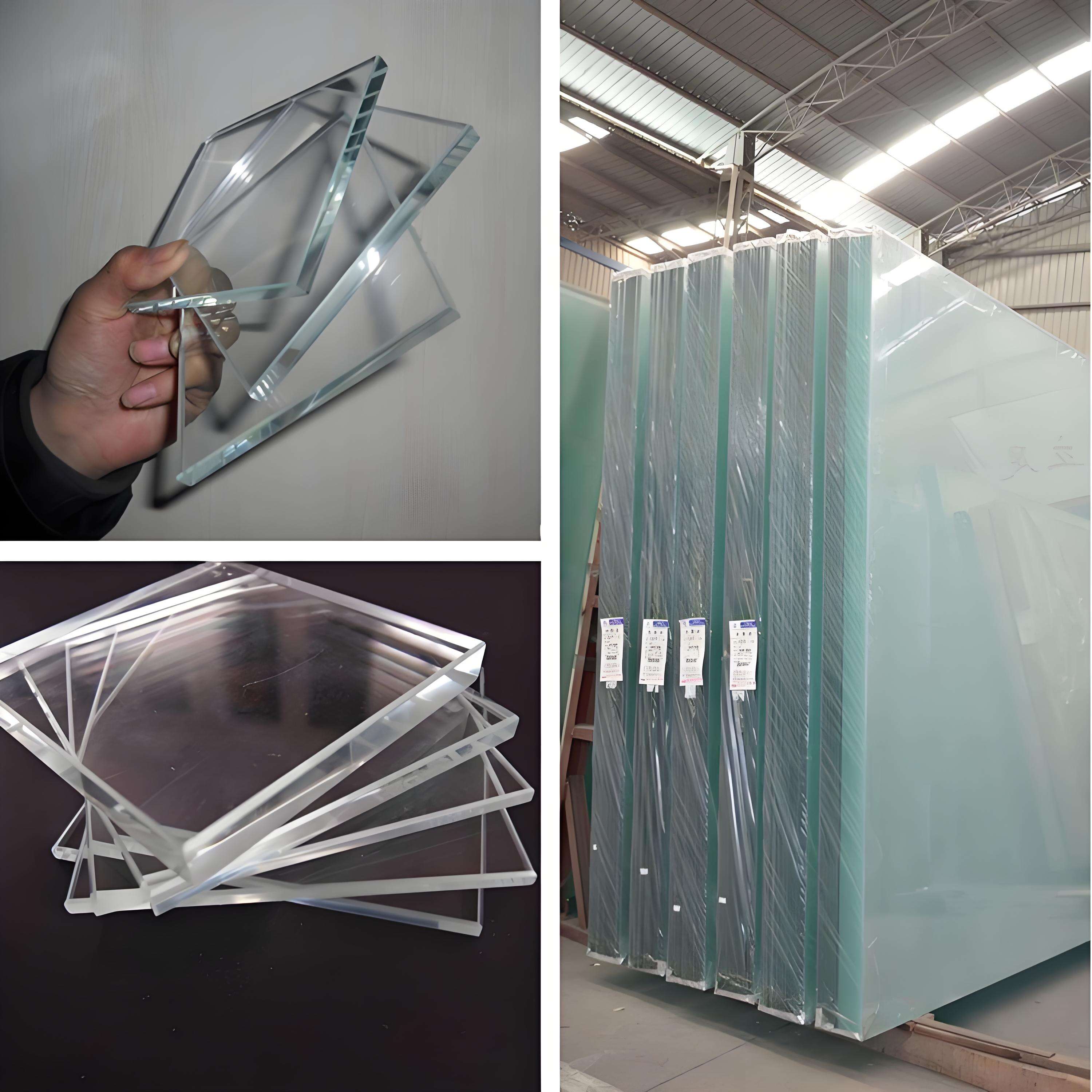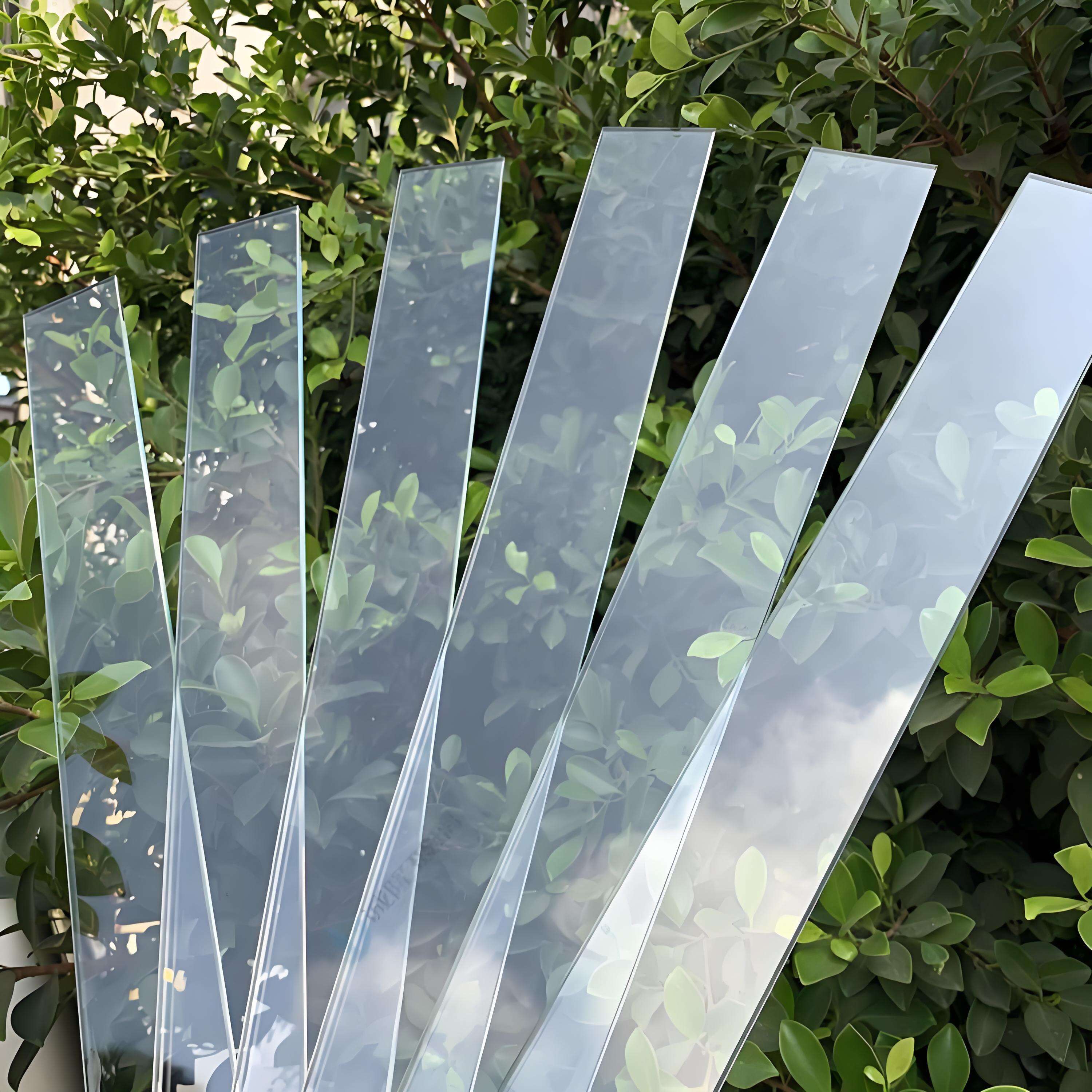curved glass fabricators
Curved glass fabricators represent cutting-edge manufacturing technology designed to transform flat glass into sophisticated curved structures. These advanced systems employ precise heating and bending techniques to create custom-shaped glass components for architectural and industrial applications. The fabrication process involves carefully controlled temperature zones, automated handling systems, and precision monitoring equipment to ensure consistent quality and dimensional accuracy. Modern curved glass fabricators utilize computer-controlled operations to maintain exact specifications throughout the forming process, enabling the production of complex curved shapes with minimal optical distortion. These systems can accommodate various glass thicknesses and sizes, making them versatile for different project requirements. The fabrication process typically involves heating the glass to its softening point, carefully shaping it using specialized molds or gravity bending techniques, and then cooling it under controlled conditions to ensure structural integrity. Advanced sensors and monitoring systems continuously track temperature, bend radius, and surface quality throughout the process, ensuring each piece meets stringent quality standards. These machines are essential in producing curved glass elements for applications ranging from architectural facades and interior design features to specialized industrial components and automotive applications.


